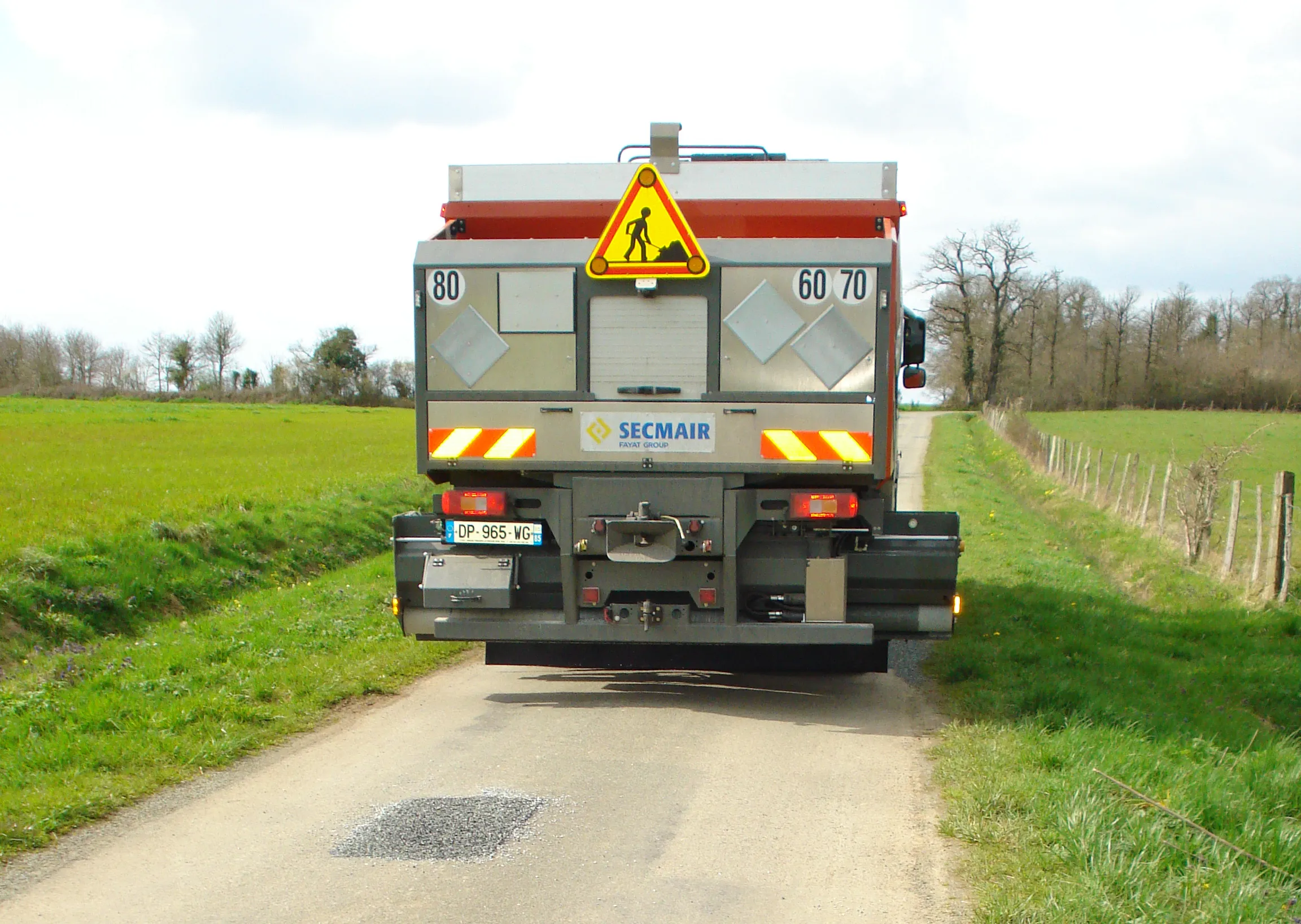UK contractor
2958 Amey said it has successfully conducted trials of wearable biometric and location device safety technology that could reduce risks to drivers and lone workers.
The technology was provided by 7257 Fujitsu. It included a collar drowsiness detector and ear clip, measuring changes in blood flow which are indicators of attention loss and an initial sign of fatigue. The small units detect when the body is under stress and help workers raise instant alarms at the touch of a button.
A rugged band worn around the wrist monitors vital signs and environmental factors. This alerts employees to signs of heat stress. It also provides other valuable information, such as a sudden change in posture indicating a trip or fall, and the wearer’s exertion level.
Finally, a location badge can be activated by the wearer to send an alert, allowing help to be dispatched far more quickly and accurately in the event of a threat or injury. Amey - part of the 2717 Ferrovial Group – is looking to evaluate other safety devices and suppliers of similar products, said Mike Kehoe, Amey’s principal engineer for intelligent transport systems. “Our eight-week trial on 8100 Highways England’s North East Regional Technology Maintenance Contract really put the technology through its paces. Every member of staff on that contract drives a vehicle and can be out at any time of the day or night, in all weathers or in locations like embankments and next to live traffic.
“We found that the tech is transferable to other situations and could potentially provide a wealth of data about the wellbeing of our people which will help us improve general safety,” said Kehoe. “We have more work to do to evaluate the market and look at ways to make the tech useable every day for our people.”








